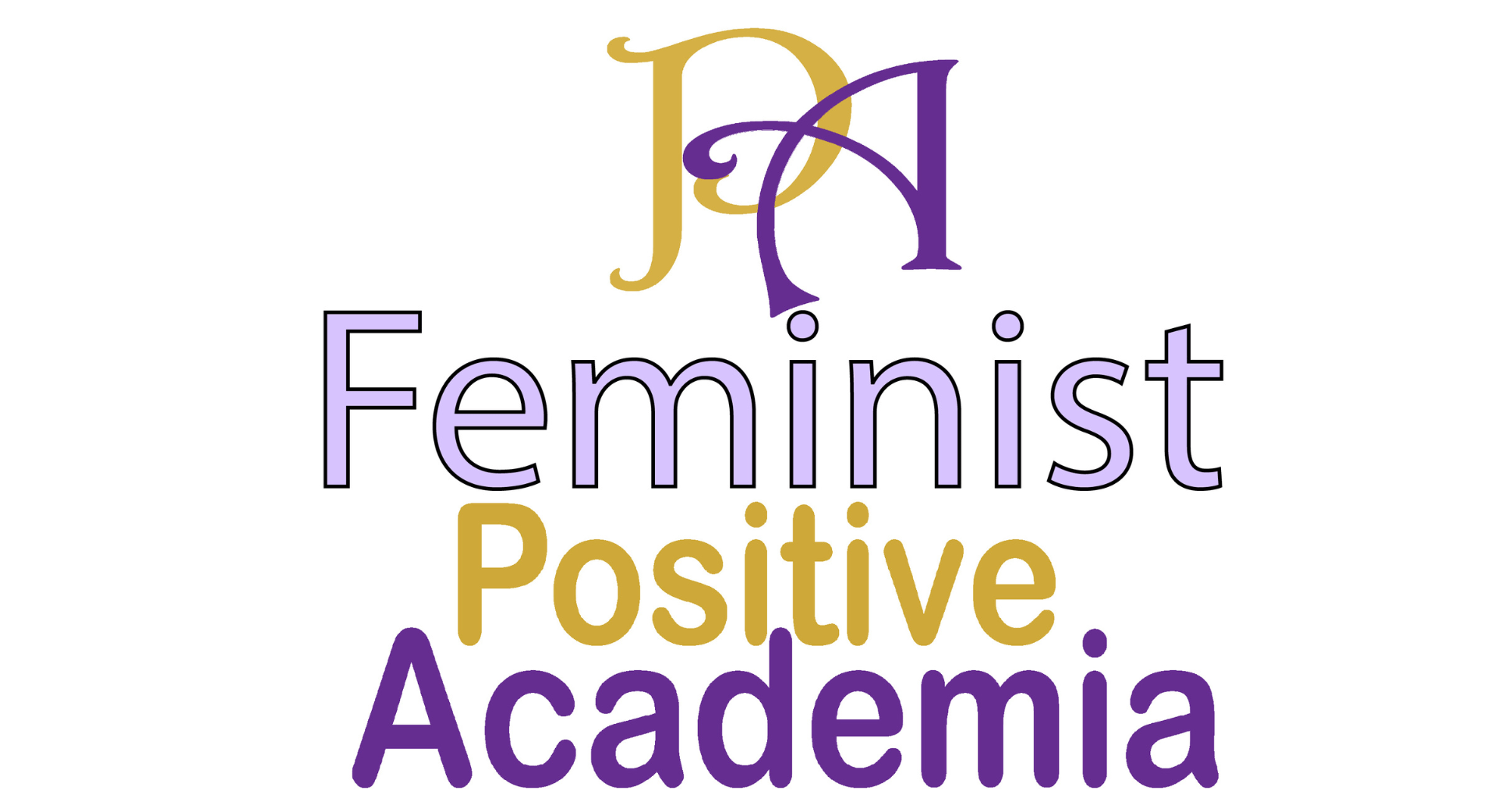
In the Academic Zoo, there was an owl who had long been revered for her wisdom. For years, she helped the other animals by providing them with answers and solving their problems. Over time, the animals became more dependent on her, seeking her guidance at every turn and in every aspect of their lives.
One day, a young fox approached the owl, worried about her future. “I always come to you for answers”, she said, “but I fear I’ll never learn to solve things on my own.” The owl, who had always given her advice, paused. She realised that by constantly solving others’ problems, she had unintentionally made them reliant on her. So, she decided it was time to change.
Instead of providing direct answers, she began to ask questions, helping the fox and others think critically and find solutions on their own. She encouraged the animals to use their own strengths and collaborate with one another. Soon, the zoo’s animals began to thrive. They no longer relied on a single source of wisdom but empowered each other, learning and growing together. The zoo flourished, with each animal contributing its unique talents.
Moral: empowering others to think for themselves fosters independence and collective strength, creating more resilient communities in which individuals can navigate their personal and professional lives sustainably.
How empowered do you feel in your academic setting?
What are your strategies for independent problem-solving?
Christa & Anne-Wil

